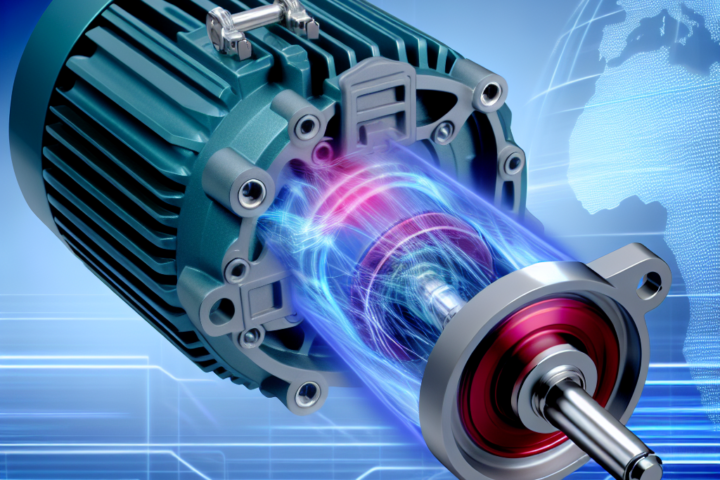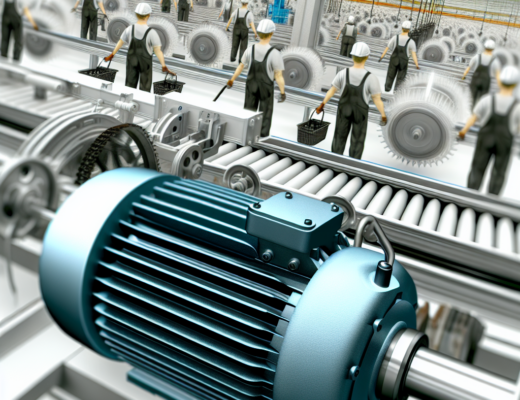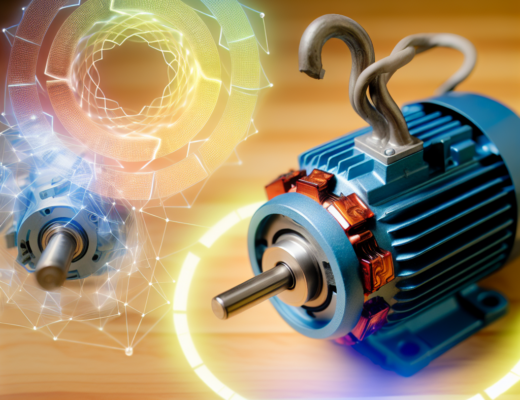Electric motors are fundamental to the functioning of a wide array of devices and machinery, converting electrical energy into mechanical energy in an efficient and sustainable manner. They are pivotal in areas ranging from household appliances to industrial machines. With advancements in technology, electric motors have become more reliable, durable, and energy-efficient, responding to the modern demands for sustaining the environment while enhancing performance.
Innovations in Electric Motor Technology
Recent developments have significantly improved the performance and efficiency of electric motors. Techniques such as the use of permanent magnets and variable frequency drives have contributed to these improvements. These advances not only enhance the power output and efficiency but also reduce the operational costs associated with energy consumption. Companies like VYBO Electric are at the forefront of integrating these innovative technologies, which are vital for industries striving to meet both economic and environmental objectives.
Another key aspect of modern electric motors is their integration into smart technology frameworks. Enabled with sensors and connectivity technologies, motors can now communicate seamlessly with other equipment and management systems. This integration allows for real-time monitoring and control, which leads to optimized performance and prevents downtime by predicting maintenance needs before failures occur. This smart approach enables industries to achieve higher productivity and reliability.
The ongoing research in motor technology pushes the boundaries further, introducing more energy-efficient and compact designs. It is clear that the future of electric motors is geared towards automation and data analytics, transforming industries by enabling more efficient processes, reduced carbon footprints, and enhanced system integration. As these technologies evolve, they will continually play a crucial role in pioneering industrial and environmental changes.




